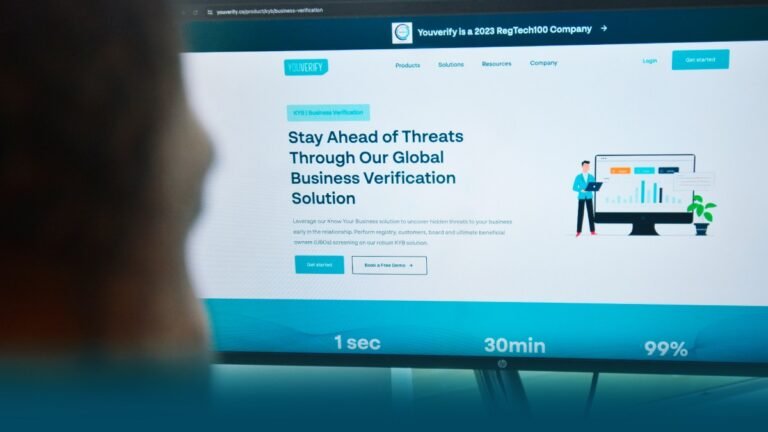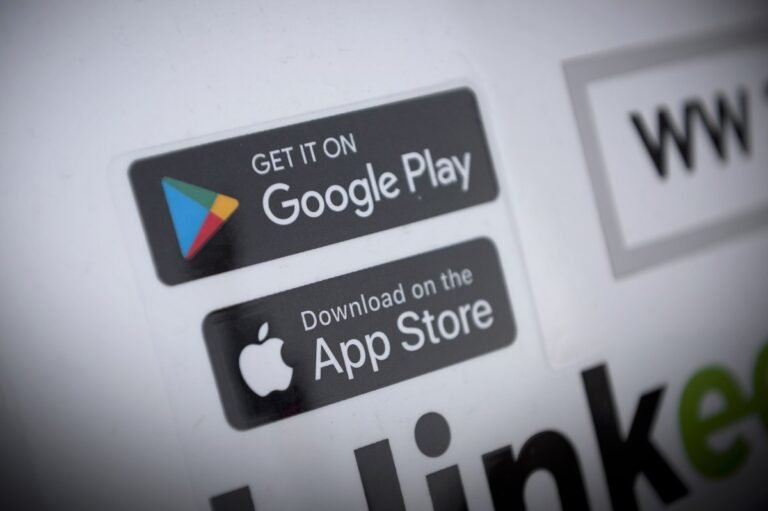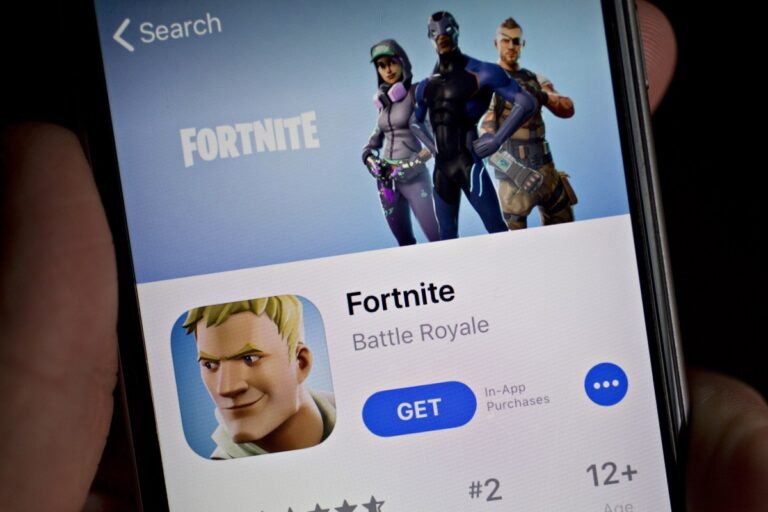
Sprinto, a security compliance and risk platform, has raised a $20 million Series B round to build more automation into its compliance management platform and widen its customer base to include the wide gamut of companies that operate digitally but aren’t tech-first.
Sprinto is working to automate this aspect of security compliance management, which involves vendor risk management, vulnerability assessment, access control, evidence collection and other filing tasks.
Sprinto uses a mix of AI, GPTs and its own internal large language model to offer efficiencies in compliance management.
The market for automated compliance management solutions already has players such as Vanta and Drata, which Sprinto considers its key competitors.
However, Redekar said Sprinto primarily focuses on automating the entire compliance management process and helping businesses build trust.

“[W]e await feedback from the Irish Data Protection Commission [DPC], our lead data protection regulator in the EU,” he added.
While Meta’s compliance with the GDPR is led by the Irish DPC, under the regulation’s one-stop-shop.
This structure does not mean the Irish authority gets final say on Meta’s compliance with EU privacy rules, though.
In the case of Meta, this has frequently led to objections from other data protection authorities which have landed stiffer enforcements than the DPC originally proposed.
So who gets the final say on the GDPR compliance of Meta’s consent mechanism is complex too.

Since 2022, Youverify has expanded its real-time business verification coverage to 145 jurisdictions across 48 countries.
Across these countries, Youverify processes 4 million monthly applications for over 3,500 businesses with 800 active clients.
Additionally, the platform’s capacity to verify IDs has expanded from 400 million to 5 billion people — as well as 600 million businesses across various industries such as gaming, travel, healthcare, and telecommunications.
“Individuals and businesses can verify their identity, registration status and ownership using their government data through Youverify.
In addition, we launched our anti-money laundering and risk classification product to address some of these industries,” the CEO noted.

How DMA gatekeepers are responding to the EU’s new competition rules — in their own wordsThe compliance deadline for the six tech giants regulated under the European Union’s Digital Markets Act (DMA) expired yesterday.
The first batch of gatekeeper compliance reports — aka the non-confidential versions — have been published on the Commission’s DMA website.
The length is at least justified: Reflecting the fact a full eight of its products are designated as core platform services.
For handy reference, we’ve rounded up links to the gatekeepers’ first batch of public-facing DMA compliance reports below.
If you’re looking for an analytic overview of the DMA, its aims and early impacts, check out our earlier explainer.

This new program allows Play Store developers to lead their users in the EEA outside their app, including to promote offers.
Google says this fee represents the value that Play provided in facilitating the initial user acquisition through the Play Store.
Google says this fee represents the value that Play provided in facilitating the initial user acquisition through the Play Store.
Developers, however, will still be responsible for reporting transactions involving those users who are continuing to receive Play Store services.
Separately from the External Offers program, Google also this week launched two other programs to allow alternative billing systems for in-app purchases.

Google has trailed another bundle of product tweaks ahead of Thursday’s deadline for compliance with the European Union’s Digital Markets Act (DMA).
Google’s blog post further notes that users “may” see “new consent banners asking them whether they would like to link their Google services“.
The adtech giant is the DMA gatekeeper with by far the largest number of regulated platforms — eight in total; namely: Google Maps, Google Play, Google Shopping, Google Ads, Chrome, Android, Google Search and YouTube.
Elsewhere on data for ads, Google appear to be relying on its advertisers to keep a pipeline of targetable user data flowing through its ad engines.
Some of what Google is trailing in today’s blog post also appears to be re-announcing changes previously announced and/or launched in recent weeks.

Danish startup Whistleblower Software is rebranding as Formalize as it expands into the broader compliance software sphere — and it has raised a fresh €15 million ($16 million) to fund the expansion.
The announcement comes as the compliance software market has exploded, due in large part to growing regulatory pressure — and investors have taken note.
Private equity giant Thoma Bravo took German compliance and investor relations software company EQS Group private in a $435 million deal last month, while startups Cypago, Hyperproof, Certa, and Anecdotes have all raised sizeable venture rounds for various flavors of compliance software these past few months.
“The compliance software market is booming, driven by the EU’s robust regulatory agenda,” Formalize co-founder and CEO Jakob Lilholm told TechCrunch over email.
“They [data compliance and whistleblowing] are primarily connected by the intention of the [GDPR] regulation,” Formalize co-founder and CTO Kristoffer Abell told TechCrunch.

On Friday, the streaming music company issued its response to Apple’s new DMA rules, calling the new fees imposed on developers “extortion” and Apple’s compliance plan “a complete and total farce,” that demonstrated the tech giant believes that the rules don’t apply to them.
It will also charge a 3% payment processing fee when developers use Apple’s in-app payments instead of their own.
Apple’s App Store will maintain its power, Ek believes.
Plus, because of the increased fees, Spotify doesn’t even have a choice, Ek explains — it’s forced to stick with the current system.
“With our EU Apple install base in the 100 million range, this new tax on downloads and updates could skyrocket our customer acquisition costs, potentially increasing them tenfold.

Apple does not enjoy this, which should surprise exactly no one.
Somehow, despite that, society remains intact and people are mostly ok with using those platforms with reasonable success.
What isn’t so understandable is just how petulant the company is being about prying open fingers on its tightly closed fist when it comes to compliance here.
At best, it seems short-sighted: Yes, doing so will mean Apple’s revenue picture doesn’t materially change in the near-term.
And developers are increasingly irate at Apple’s antics.

But Apple’s compliance doesn’t give app makers the victory they had hoped, as the tech giant aims to still charge commissions on purchases made outside of apps — a decision Epic aims to challenge in court.
The decision meant Apple had to remove the “anti-steering” clause from its agreement with App Store developers.
Apple updated its App Store Guidelines following the Supreme Court’s decision but with a lot of caveats.
For instance, users won’t be able to cancel their subscriptions within Apple’s App Store or request refunds — they’ll have to do this through the developer’s website.
The developer lobbying group, Coalition for App Fairness, which also includes Epic, issued its own statement on Apple’s new App Store rules.













